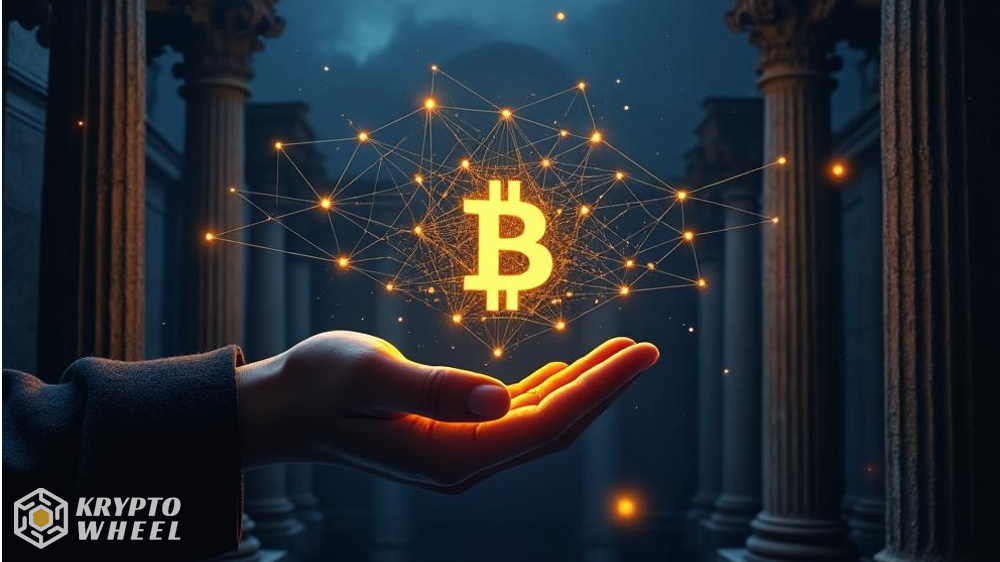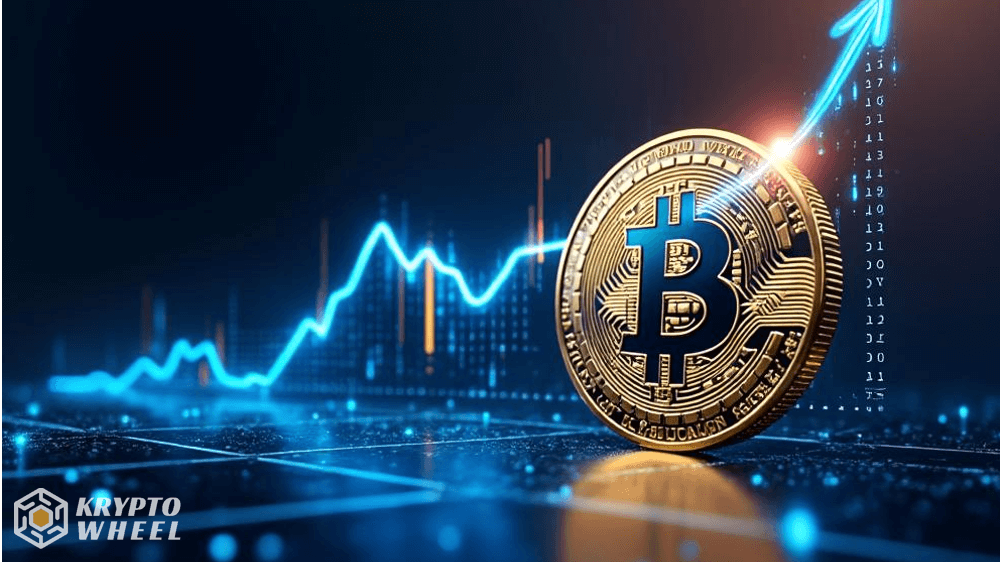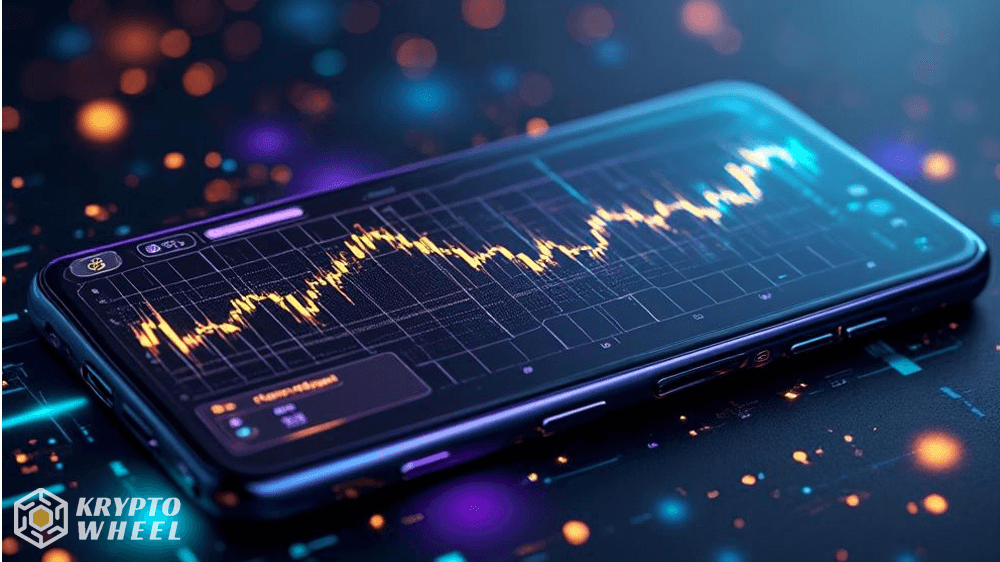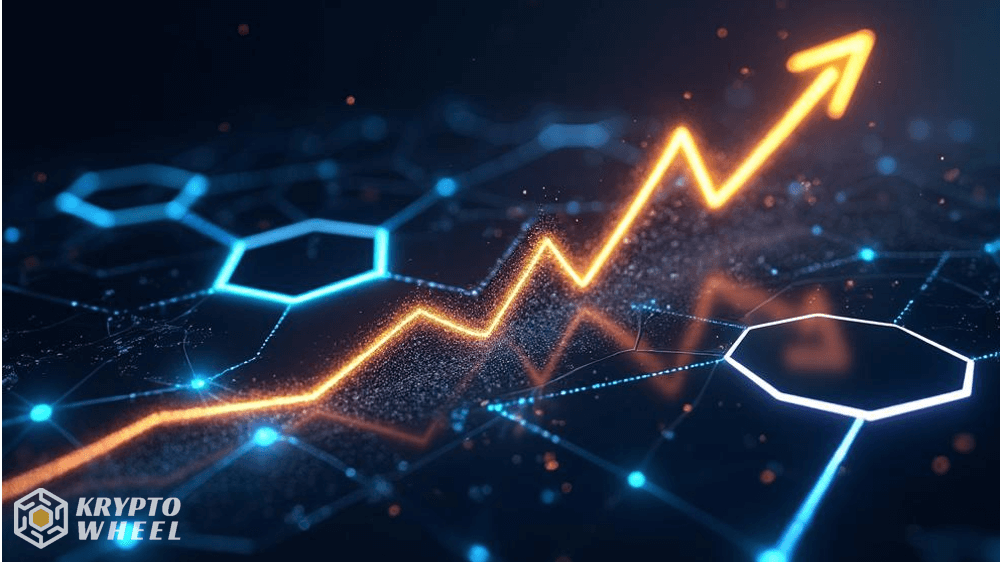The Sudden Pardon Decision
President Donald Trump’s pardon of Binance founder Changpeng Zhao came as a surprise to many observers, but the groundwork had been laid for months through a coordinated lobbying effort. Zhao, who was serving a prison sentence for providing access to money launderers, walked free following the White House announcement. The timing seemed abrupt, yet the pieces had been moving behind the scenes since Trump’s second term began.
Trump himself offered a somewhat vague explanation when questioned about the decision. “I don’t think I know him, but I’ve heard many people say he was unfairly prosecuted,” the president stated. “They said he was persecuted by the Biden administration, and at the request of many good people, I pardoned him.” This characterization of the case as political persecution rather than legitimate prosecution reflects the administration’s broader stance toward the cryptocurrency industry.
The Lobbying Machine Behind the Scenes
The real story unfolds in the Washington lobbying corridors. Binance hired Ches McDowell, a close friend of Donald Trump Jr., through his firm Checkmate Government Relations in late September. The assignment was specific: lobby the Treasury Department and White House on “financial policy and executive clemency.” For this brief but crucial work, Checkmate received $450,000.
McDowell’s presence at a White House event with both Trump and Trump Jr. last week now appears significant. His firm has become one of the most influential lobbying operations in Washington during Trump’s second term, leveraging personal connections that reach directly into the Oval Office.
The effort to secure Zhao’s pardon actually began much earlier. Just three weeks after Trump’s inauguration, Binance and Zhao added Teresa Goody Guillén to their legal team. Guillén, who has connections to the SEC, earned $290,000 from the Binance team through 2025. After the pardon was announced, she expressed gratitude on social media, praising Trump’s “courage and moral clarity.”
Broader Business Connections
Beyond the pardon itself, Zhao and Binance have been building deeper ties to the Trump administration. The company established business relationships with World Liberty Financial, the Trump family’s cryptocurrency venture. This move suggests a strategic alignment that extends beyond the immediate legal concerns.
Binance’s lobbying history shows a pattern of heavy spending followed by abrupt pauses. The company spent over $1 million in 2022 and $1.2 million in the first nine months of 2023 on Washington lobbying. However, after Zhao pleaded guilty and the company paid a $4 billion fine, all lobbying efforts stopped completely at the end of 2023.
With Trump’s return to power, the lobbying machine has been reactivated. Binance has reported $860,000 in lobbying expenses so far in 2025. The company’s CEO Richard Teng also joined the advisory board of The Digital Chamber, a major US cryptocurrency trading association, in July.
Industry Implications
The pardon sends a clear message about the administration’s stance toward cryptocurrency regulation. Teng’s statement at the beginning of the year now seems prescient: “With President Trump and his administration strongly supporting the crypto industry, the future looks bright.”
This case illustrates how quickly fortunes can change in Washington when political winds shift. A man serving prison time one year can become a free man the next, all through the combination of legal strategy, political connections, and substantial financial resources directed toward influencing government decisions.
The speed of the pardon decision, while surprising on the surface, actually reflects months of careful preparation and relationship-building. It shows how modern political influence operates through networks of lobbyists, legal teams, and business alliances that work in concert to achieve specific outcomes.










